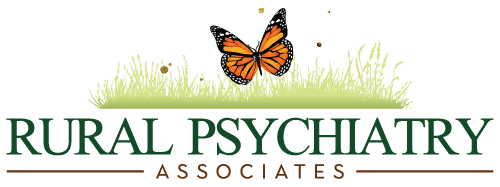The topic of Autism has been big in the news lately, spurring a lot of questions and debate. Let’s take a closer look at the condition and debunk a few myths.
What is Autism Spectrum Disorder (ASD)?
Autism Spectrum Disorder is a developmental disability caused by differences in the brain. Some cases may be caused by genetic conditions. Other cases have no known cause.
According to the latest report from the Centers for Disease Control and Prevention (CDC), 1 in 31 children in the United States and 1 in 45 adults have ASD. You may have heard the argument of “back in my day, autism didn’t exist” or “we never heard of autism growing up.” Researchers now understand that it existed, but in the past, not much was known about the condition or even talked about. The CDC began tracking ASD in 2000.
Can Those with ASD Lead “Normal” Lives?
Another misconception you’ll hear often is that those with autism cannot contribute to society like everyone else. This is false. Those with ASD may communicate, behave, and learn differently than most. However, each individual is unique with their own abilities, ranging from needing a lot of help with daily tasks to working and living independently.
How Do I Know If My Child Has ASD?
As a parent or caregiver, you can look for signs and take action. Some signs, according to the CDC, include:
- Avoids or doesn’t keep eye contact
- Doesn’t respond to their name by 9 months old
- Uses few or no gestures by 12 months old, such as waving goodbye
- Gets upset by minor changes
- Has obsessive interests
- Has delayed language skills
- Has delayed movement
- Has unusual eating and sleeping habits
Since there is no medical test, like blood work, to diagnose a person with ASD, getting an ASD diagnosis can be difficult. Talk with your pediatrician or family physician to find a professional in your area who can help. From there, you can form a treatment plan that may range from Behavioral and Developmental to Psychological or Pharmacological.
Most importantly, remember that every autistic person is unique in their own way, and it is our duty to gain awareness and practice acceptance.

